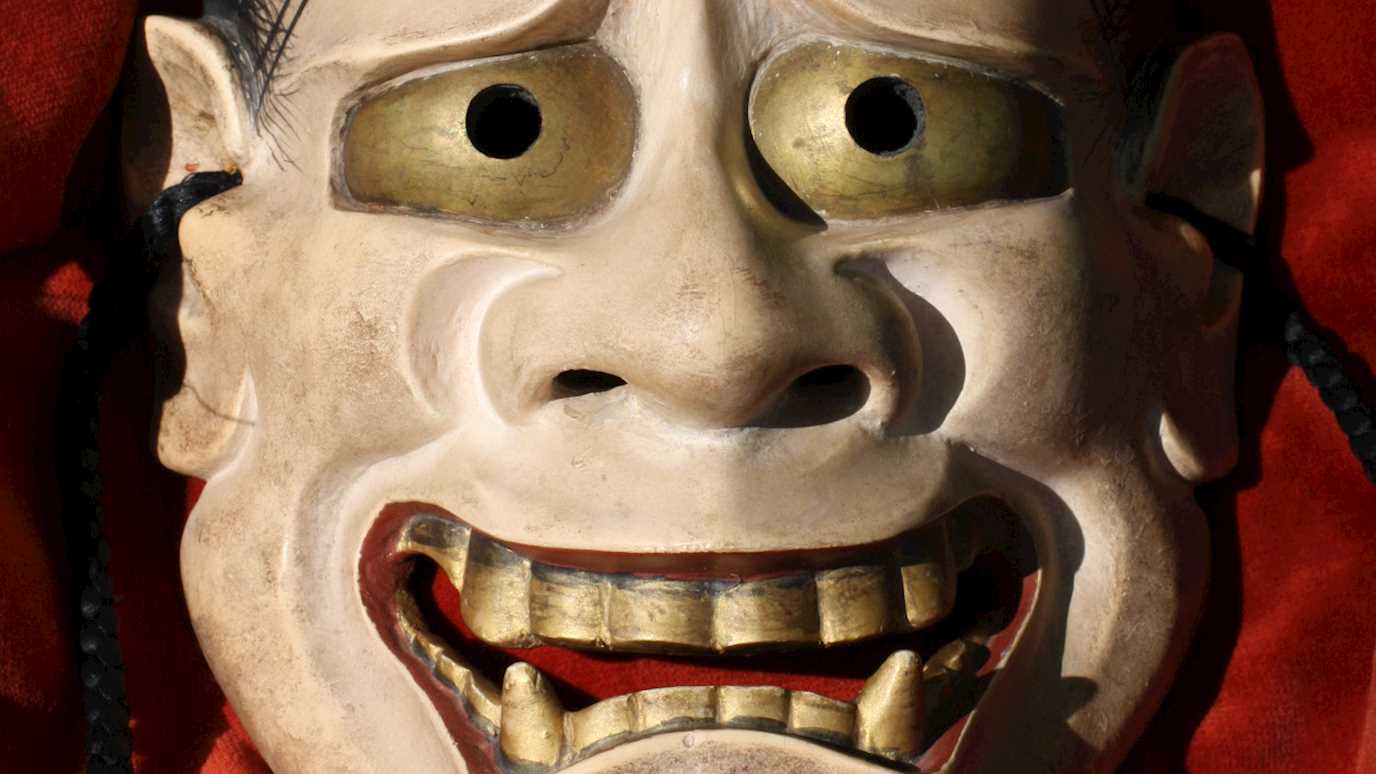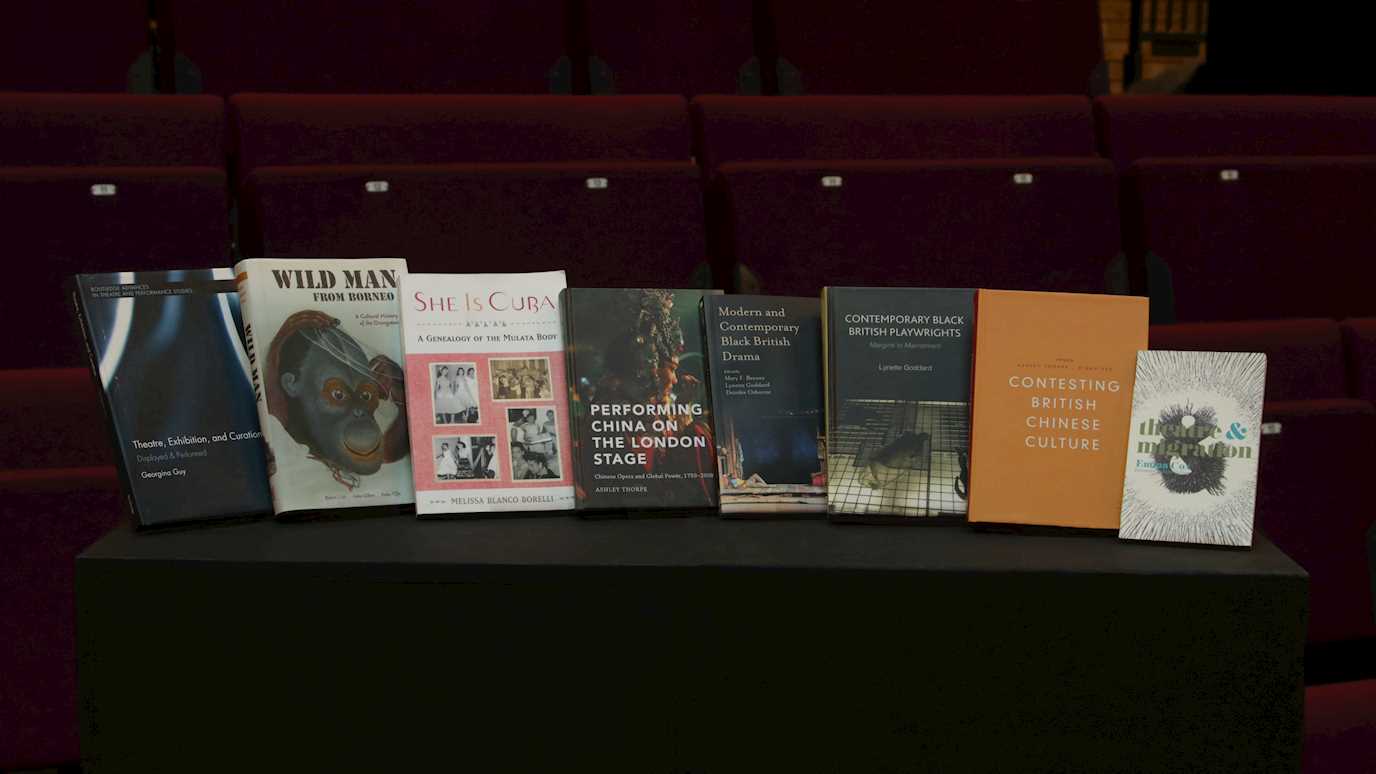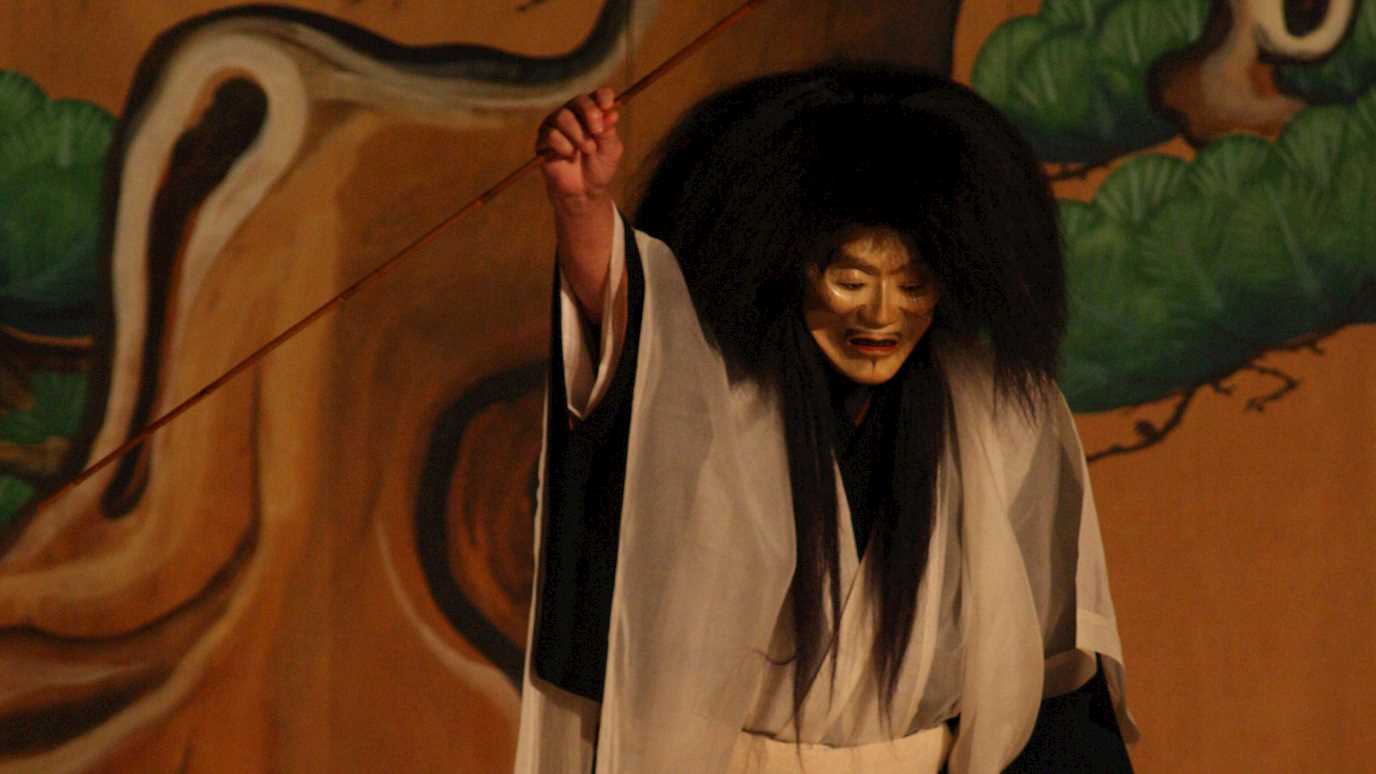Reflecting our diverse demographic of staff and our strong track record in applied performance, we have developed our expertise in social participation and social action through the arts.
We are shaping new agendas on race and casting in theatre, on decolonizing the performing arts, and on performance and participation.
Research and Researchers
Researchers
Melissa Blanco Borelli's research interests and specialisms include: blackness in Latin America (Colombia, Cuba); Latin American popular dance; popular dance on screen; media and film; black performance theory; performance ethnography; feminist historiography; auto-ethnography; embodied identity politics (particularly race, gender and sexuality); dance theatre devising/choreography; and performative writing.
Emma Brodzinski's work is focused on theatre in health and healing with a particular interest in autobiographical performance.
Emma Cox's research is concerned with the representation and participation of refugees and migrants in theatre, film and activism.
Maria Estrada-Fuentes's research interests include arts-based conflict transformation, gender and complex victimhood, politics and performance.
Helen Gilbert's internationally oriented research falls into two intersecting strands: arts-based environmental activism and postcolonial theatre and performance. She has a special interest in the arts and politics of marginalized communities in Australia, the Pacific, the Americas and South Africa, and works with a range of Indigenous performance-makers to co-curate their work in festivals and exhibitions in Europe. Her current focus is on local and global initiatives in eco-activist performance, particularly in reference to climate change, environmental justice and sustainable uses of water.
Lynette Goddard's research is focused on the politics of contemporary Black British theatre and performance, including work on new writing by Black playwrights, histories of Black directors in Britain, issues of race and representation, and contemporary Black productions of canonical plays.
Helen Nicholson's research is focused on contemporary theatre, applied performance, amateur performance and questions of community engagement, civic participation and performance as heritage.
Prarthana Purkayastha is an interdisciplinary researcher working on the intersections of dance studies, performance studies, history, cultural studies and critical theory. Her research specialisms include: contemporary dance and dance theatre, feminist performance practices, South Asian and British Asian dance and theatre, identity and corporeality (specifically in relation to race, gender and sexuality), and embodied colonial and postcolonial histories.
Ashley Thorpe's research concerns performance forms from East Asia, as practiced both in China and Japan, and in the United Kingdom.
Current Research
Emma Brodzinski is currently hosting The PhD Life Raft Podcast, writing a book on wellbeing for PhD students and preparing a chapter on artistic perspectives on assisted reproductive technologies for Routledge Companion to Performance and Medicine.
Emma Cox is writing a monograph on cultural and performance histories associated with human remains and developing her work on forced migration and visuality.
Maria Estrada-Fuentes is researching towards a monograph on the intersections between applied theatre and transitional justice, focused on the Colombian context, and developing digital collaborations with policymakers and peacebuilding practitioners providing care for ex-combatants in reintegration programmes.
Helen Gilbert is writing a monograph on Indigenous performance and cultural resilience in a range of countries and regions.
Lynette Goddard is researching Black British Theatre Directors’ Processes and Productions with a focus on Paulette Randall and debates about access, inclusion, race and intersectionality.
Prarthana Purkayastha is writing a monograph with the working title Dance Remains, which offers a decolonial reading of visual and material archives - popular and elite, British colonial and South Asian, public and intimate - to narrate the lives of illegitimate dancers, courtesans and sex-workers from India who propose alternative modes of moving in the worlds of Empire and postcolony. She is also co-editing The Oxford Handbook of Indian Dance.
Doctoral Students
Current
Nicole Brown, 'Creative Workshopping with Young Black People in Contemporary British Theatre.’ (Supervised by Lynette Goddard and Helen Nicholson).
Thumindu Dodantenna, 'Framing the Nation: Theatrical Syncretism and the Proscenium Stage in Post-colonial Imagining of the Sri Lankan Nation.’ (Supervised by Prarthana Purkayastha).
Olivia Lamont Bishop, ‘The representation of place in relation to conflict and migration in performances in the UK’ (Supervised by Emma Cox).
Gloria Lowe, ‘Bringing Theatre Home’ (Supervised by Helen Nicholson and Harriet Hawkins (Geography)).
Recent
Sophia Apospori, ‘Space and Non-Visuality in Performance: Experience and Affect in the Cycle of Cultural Consumption.’ (Supervised by Helen Nicholson). Awarded 2015.
Elizabeth Bennett, ‘Singing the South Downs Way: Affect in Performance and Practice’ (Supervised by Helen Nicholson). Awarded 2017.
Katrina Carter, ‘Suspending Conventions: How ‘Disabled Aerialists’ are Challenging Aesthetic and Methodological Practices in 21st Century Aerial(ism)’ (Supervised by Libby Worth). Awarded 2015.
Cara Gray, ‘A Study of Amateur Theatre: Making and Making Do.” (Supervised by Helen Nicholson). Awarded 2018.
Nicola Hatton, ‘A Cultural Response to Dementia: Participatory Arts in Care Homes and Relationship-Centred Care. (Supervised by Helen Nicholson) Awarded 2016.
Caleb Lee, ‘Growing Up, Building Up and Moving Up: Metaphors of Mobility for Theatre for Young Audiences in a Global City’ (Supervised by Helen Nicholson). Awarded 2020.
Jayne Lloyd, ‘The Role of Reminiscence Arts in the Lives of Care Home Residents Living with Dementia’ (Supervised by Helen Nicholson). Awarded 2017.
Maia Mackney, ‘Barbican Guildhall Creative Learning: A Bridge Over the Fortress Wall.’ (Supervised by Helen Nicholson). Awarded 2019.
Heaney, Martin, ‘Reproducing Masculinities: Theatre and the ‘Crisis’ of the Adolescent.’ (Supervised by Helen Nicholson). Awarded 2017.
Joseph Mcloughlin, ‘A Golden Age? An Interdisciplinary Investigation into the Funding Rational, access policies and the pursuit of artistic excellence by Arts Council England under the New Labour Government 1996/7-2007/8’ (Supervised by Elizabeth Schafer). Awarded 2018.
Emma Miles, ‘An ethnographic study Theatre for Early Years Children’s at Polka Theatre and a Nursery in Roehampton.’ (Supervised by Helen Nicholson). Awarded 2016.
Siobhan O Neill, ‘Listening in-between Oral History and Applied Performance.’ (Supervised by Helen Nicholson). Awarded 2019.
Romany Reagan, ‘Abney Rambles: Performing Heritage as a Audio Walking Practice in Abney Park Cemetery’ (Supervised by Helen Nicholson). Awarded 2018.























